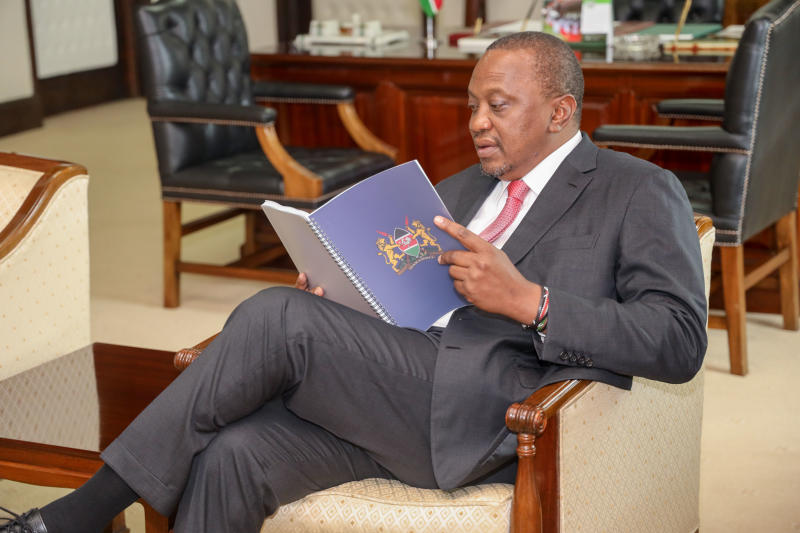×
The Standard e-Paper
Fearless, Trusted News

The president will share power with a prime minister in a new political dispensation proposed by the Building Bridges Initiative (BBI).
The recommendations are similar to an arrangement that paved the way for a unity government between President Mwai Kibaki and Prime Minister Raila Odinga in 2018.